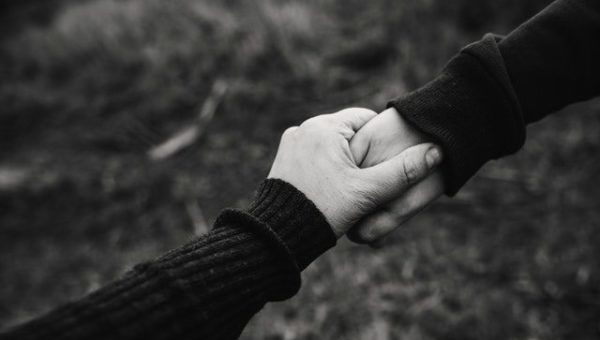 “I trust people until they demonstrate that they can’t be trusted.” These were the words that Ed Peklo, the dean of students at the small American college I attended, spoke at our orientation nearly 40 years ago.
“I trust people until they demonstrate that they can’t be trusted.” These were the words that Ed Peklo, the dean of students at the small American college I attended, spoke at our orientation nearly 40 years ago.
Beginning my post-secondary career in this way established a positive tone. I didn’t have to prove that I was trustworthy, I could just be who I was, a bright but goofy 18-year-old punk who liked to joke around and play sports.
I also remember being called into Ed’s office regarding a disciplinary issue several months later. I was in the wrong place at the wrong time but beyond that, I hadn’t done anything deceptive. I presented my side of the story and Ed’s response was another phrase that I’ll never forget. Hearing it was almost like crossing a threshold into adulthood. He said, “You’re a man of integrity. I believe you.”
Trust and integrity, I have found, go hand in hand and they’ve served me well.
While trust primarily has to do with the way I relate to others, integrity requires that I be honest with myself. This is what allows me to embrace humility, to truly learn from my mistakes and to even challenge my beliefs. Living with integrity makes it easier for me to trust myself and this makes it easier to trust others.
I recall an experience I had many years ago working in Zaire, Africa (now the Democratic Republic of Congo). The country had gained independence 30 years earlier but the colonialist attitude – that the colonialists knew everything and that Africans were ignorant and backward – was still common.
I had a dream job, helping to run a home for street children in the capital, Kinshasa. Despite the poverty and corruption that prevailed in the country, this home was an oasis of hope and peace.
When driving with some of my African coworkers one day I was told, “You’re not like other white people.”
I asked them what they meant and they said, “You trust us. We don’t have to prove ourselves to you.”
I was taken aback and replied, “Why wouldn’t I trust you? I don’t understand this culture the way that you do. I couldn’t do my job without you.”
Here integrity and trust walked together in beautiful symbiosis. I was able to acknowledge that I had a great deal to learn and the ability to trust others allowed me to get the help I needed.
While living with integrity can only bring good, trusting others is a risk. It is, however, a calculated risk. The vast majority of people are trustworthy. The few who aren’t will take advantage of us from time to time and it never feels good to be taken advantage of.
At the same time, it’s important to be mindful of the sufferings the dishonest cause themselves. While they may appear content, we don’t see the inner turmoil they suffer from knowing that they’ve done wrong. Even those without scruples will eventually be exposed and even punished. At the very least, they will no longer be trusted.
People of integrity don’t carry these burdens.
Today as a teacher, I hope that I demonstrate trust in my students. Unless there’s convincing evidence to the contrary or a negative track record, I believe them at their word.
I can also see the natural sense of integrity in the vast majority of these young people. They seem to simply know that this is the right way to be.
Experience has shown me over and over that integrity and trust are essential ingredients to a peaceful life. But I’ve realized that even more than this, they are keys to a bright future.
Troy Media columnist Gerry Chidiac is an award-winning high school teacher specializing in languages, genocide studies and work with at-risk students.
The views, opinions and positions expressed by columnists and contributors are the author’s alone. They do not inherently or expressly reflect the views, opinions and/or positions of our publication.

